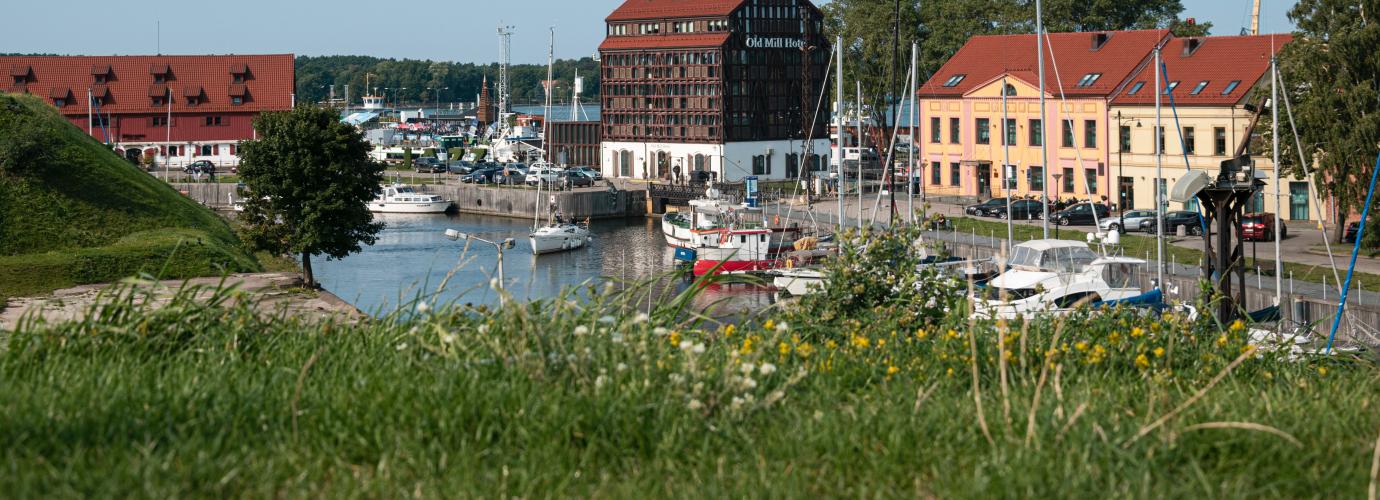The Law on Education states that parties of the education system have the right to participate in the international dimension of education, and international programmes, or otherwise collaborate with the counterparts of education systems abroad.
The priorities for the promotion of the internationalisation of Lithuania’s higher education include:
- Lithuania’s participation in the European Higher Education Arena and the European Research Arena
- Strengthening the quality of the internationalisation of Lithuania’s higher education
- Strengthening academic links and inbound academic mobility by attracting talented students and lecturers from abroad who can bring about innovative improvements in the study process
- Strengthening outgoing academic mobility
- Encouraging the development of Lithuanian Studies (Baltic Studies) Centres abroad
- Support for Lithuanians abroad.
The key institution engaged in the coordination of pupil, student, teacher and academic staff mobility, the cooperation between education and research institutions and the creation of partnerships and networks, is the Education Exchanges Support Foundation. Many of the programmes implemented by Lithuania are an extension of the European Union (EU) and the Nordic countries mobility programmes. One of them is Erasmus+, a European Union funding programme that provides learning and development opportunities for people of all ages, backgrounds and professions, and enables a wide range of organisations, bodies and institutions to implement projects that meet the programme’s criteria. It supports activities including mobility for learning and cooperation for innovation and for sharing of good practices.

